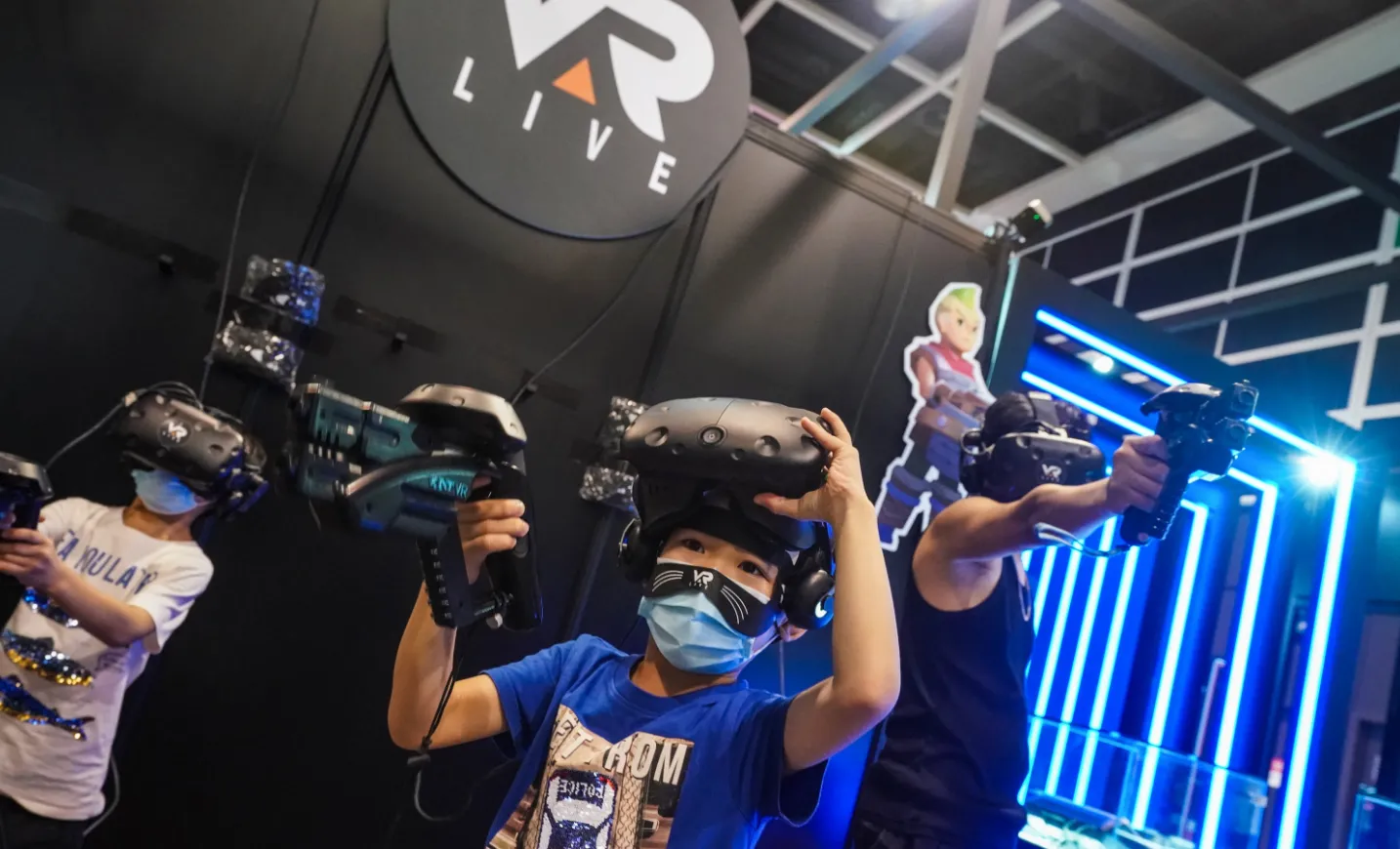Imagine a poker game. A player from Tokyo sits across from a player in Berlin. The casino they’re in? It exists only as code, run by an anonymous group. One player cheats. Who do you call? Welcome to the metaverse.
The Core Problem: A Lawless Land Without Borders
The entire legal system we’ve built over centuries is based on a simple idea: geography. A crime happens in a place. A contract is signed in a place. And the laws of that place apply. This power, the authority of a court to hear a case, is called jurisdiction. But what happens when the “place” is everywhere and nowhere at once? The metaverse isn’t a country. It doesn’t have borders. It’s a decentralized network of servers and users spread across the globe. So if a metaverse casino, owned by an anonymous decentralized autonomous organization (a DAO), defrauds a player, which court has jurisdiction? The player’s country? The country where the server is physically located? Or is there no jurisdiction at all? This isn’t a theoretical question anymore. It’s the single biggest legal hurdle facing the next generation of the internet, a fundamental clash between old-world laws and new, borderless technology.
The Anonymous Avatar: The End of ‘Know Your Customer’ (KYC)?
Let’s get more specific. The entire legal framework for modern online gaming is built on one critical principle: knowing exactly who is playing. Regulators demand operators perform “Know Your Customer” (KYC) and Anti-Money Laundering (AML) checks to verify a user’s real-world identity and age. But the core appeal of the metaverse for many users is anonymity. You aren’t John Smith from Ohio; you are a 10-foot-tall robot with a crypto wallet. This anonymity is a feature for users, but a nightmare for regulators. Today’s operators have invested billions in RegTech to verify identity. If you want to understand the complex systems they use, you can read more about current compliance technology. But in the metaverse, none of that applies easily. How do you ID an avatar? Do you force users to link their real-world identity to their virtual one, destroying the very anonymity they seek? The clash between the demand for privacy and the legal requirement for identity is the central conflict.
Who Owns the Code? The Liability of a DAO-Run Casino
Imagine a popular metaverse casino that operates as a DAO. There’s no CEO. No corporate headquarters. It’s run by smart contracts-pieces of self-executing code on a blockchain-and its direction is governed by thousands of anonymous token holders around the world. Now, imagine a bug in that smart contract causes thousands of players to lose all their money. Who do they sue? You can’t sue a piece of code. Can you sue the original developers, who may be anonymous? Can you sue every single token holder who voted on the proposal that contained the bug? This is a legal black hole. The traditional corporate structure, with its clear lines of liability and accountability, simply dissolves in a decentralized environment. When everyone is in charge, no one is in charge. And when things go wrong, there is often no clear person or entity to hold responsible, leaving users with little to no recourse.
The Digital Dollar Dilemma: Taxes, Crypto, and Financial Crime
And then there’s the money. The lifeblood of these platforms is cryptocurrency, which brings its own set of legal headaches. For governments, the first question is taxes. How does a country tax the winnings of one of its citizens if those winnings were paid in a cryptocurrency like Ethereum, from a casino that has no physical address, and may exist only on servers in a country with no tax treaty? How can they even track these transactions effectively? The second, bigger concern is financial crime. Law enforcement agencies worry that unregulated, anonymous metaverse casinos could become the perfect global laundromat for illicit funds. A user could convert dirty money into crypto, gamble with it in a decentralized casino, and then withdraw it, claiming the funds are “winnings” and effectively washing them clean. Preventing this without destroying the privacy and decentralization of the system is a challenge that has regulators stumped.
The Coming Collision: Old Laws vs. New Realities
A massive collision is inevitable. On one side, you have national governments and international bodies that will try to extend their existing laws into this new digital realm. They will attempt to force platforms to register, to implement KYC, and to block users from certain countries. On the other side, you have a global community of developers and users who believe in the ethos of decentralization and permissionless innovation, who will argue that these old, geographically-based laws are obsolete in a borderless world. This will lead to a protracted cat-and-mouse game. Regulators will issue subpoenas. DAOs will ignore them. Some platforms will try to comply, while others will push deeper into decentralization to become truly untouchable. It will be a decade-long struggle fought in courtrooms and in code, and it will define the future of online freedom and regulation.
Conclusion: Building the Rulebook for a New World
The metaverse presents a legal paradox. It is a world built by brilliant innovators that is, at its core, currently incompatible with the legal structures that govern our physical world. The promise of a borderless, decentralized frontier is thrilling, but it also risks becoming a lawless Wild West where users have no protection when things go wrong. We can’t simply apply 20th-century laws to a 21st-century reality. The challenge for lawyers, technologists, and policymakers isn’t to ban this new world, but to build a new rulebook for it-one that can preserve its innovative spirit while still providing the basic safety, fairness, and accountability we expect. The legal chaos is coming. The question is whether we can build a new order out of it.








